Amazon Dash: fixing a problem that doesn't exist
Bored of shopping? Amazon has a solution, but Nicole Kobie can't help thinking Dash is more trouble than it's worth
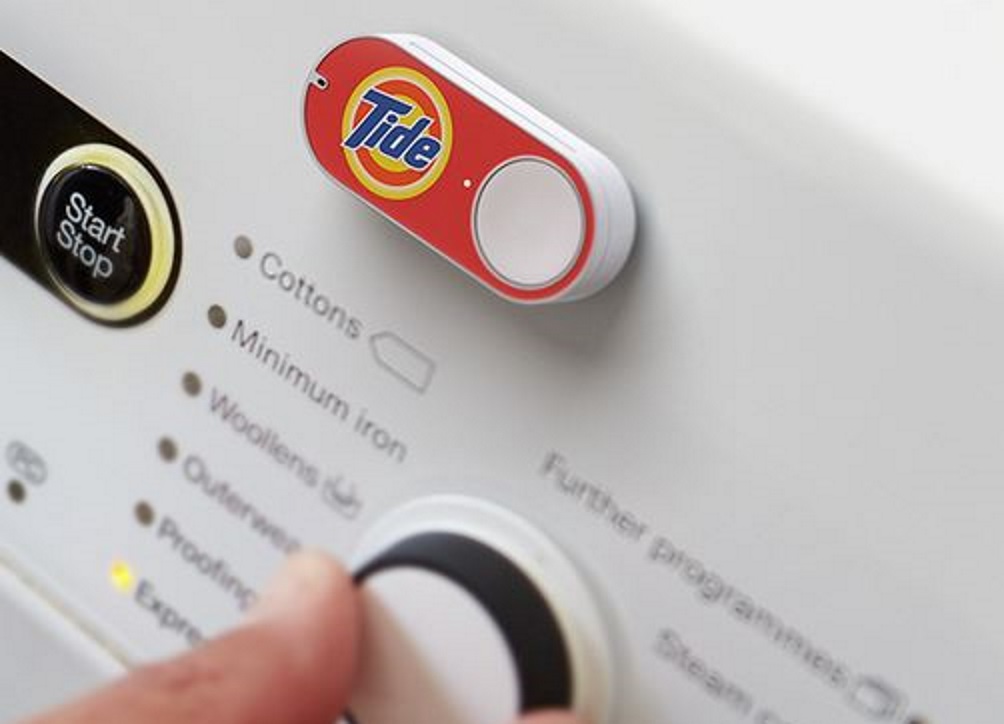

OPINION: You're running out of macaroni and cheese. What do you do? Panic at the prospect of going without orange noodles, or simply add it to your next shopping list?
Most of us get by just fine doing the latter, but Amazon believes some of us simply can't handle life without certain key products. To help, it's created Dash.
Unveiled on April 1 to help build some buzz around whether it's a real idea or not (we've been assured it is indeed real), Dash is a collection of small plastic buttons that you can affix next to your coffee maker, washing machine and presumably toilet, which you click when you run out of coffee beans, detergent and toilet paper, instantly reordering them via Amazon.
Running low on moisturising cream, paper towels or, if you can believe it, juice? All you need to do is press the button. Dash buttons are Wi-Fi enabled, and connected to your Amazon account, which of course has your credit card details. A purchase is automatically triggered, with delivery within two days, which is free as part of the Prime subscription required to use Dash.
While the tech behind it is certainly clever, Dash makes little sense: if you're totally out of that product, you're likely unwilling to wait two days for it to arrive; if you're merely running low, it's easy to add to an existing shopping trip.
And you'll still have to head to the local store (or place an order). Having branded buttons littered throughout your home doesn't negate the need to go shopping, as they only work for key products, and Amazon is limiting it to three Dash buttons to start. For everything else, you still need to shop as usual. If you can find time to buy coffee, you can probably manage to buy toilet paper while you're at it. It's a lot of technology to solve a small part of a problem.
Plus, it locks you into certain brands surely part of the appeal for product marketers. If you use Tide to wash your clothes, you're in luck; if you use an alternative product, you'll have to replenish your stocks like the rest of us.
Sign up today and you will receive a free copy of our Future Focus 2025 report - the leading guidance on AI, cybersecurity and other IT challenges as per 700+ senior executives
The only example that makes sense is for items you run out of frequently, such as milk. But even then, you'd have to wait a day or two for delivery, hardly helpful when you need it now. A better solution is the old-fashioned milk-on-the-porch deliveries, as they bring you fresh milk regularly, keeping you topped up.
Amazon is hoping to get rid of the actual buttons, and let producers build them into their products. For example, your coffee maker will alert you that it's running low on beans, and you can place an order with a press of a button, or your washing machine will do the same for detergent. This makes more sense, especially if you can choose which detergent Amazon will send you from any in its selection.
For household goods, sensors could one day be cheap enough that your toilet paper comes with a "press to reorder" button. But who's tied to a toilet paper brand? When placing a shopping order, most surely choose whatever's on offer; always ordering the same brand means missing out on such deals.
Technology is great when it solves a problem, even if it's one we didn't know we had. And there's nothing inherently wrong with using tech for convenience that's the whole point of automation. But littering your home with branded buttons because shopping is too difficult in an age of online shopping seems a step too far.
Indeed, smart homes should do more than make it easier to shop. It would be far more clever if the buttons, for example, added the item to a digital shopping list, and sent you an alert when it was time to place an order -- say it noticed you've about three days of toilet paper left -- lumping together orders in one single convenient one rather than single, environmentally unfriendly trips.
Grocery shopping can be a pain, and the idea of smart fridges that add milk to your shopping list when you're running out has some appeal to lazy people or busy families, but individual, branded buttons littered throughout your house is a silly way to approximate that without actually achieving it. An interesting first step, Amazon, but let's hope its next grand idea isn't so silly it's mistaken for an April Fool's prank.
Freelance journalist Nicole Kobie first started writing for ITPro in 2007, with bylines in New Scientist, Wired, PC Pro and many more.
Nicole the author of a book about the history of technology, The Long History of the Future.
-
 Gender diversity improvements could be the key to tackling the UK's AI skills shortage
Gender diversity improvements could be the key to tackling the UK's AI skills shortageNews Encouraging more women to pursue tech careers could plug huge gaps in the AI workforce
-
 Researchers claim Salt Typhoon masterminds learned their trade at Cisco Network Academy
Researchers claim Salt Typhoon masterminds learned their trade at Cisco Network AcademyNews The Salt Typhoon hacker group has targeted telecoms operators and US National Guard networks in recent years
-
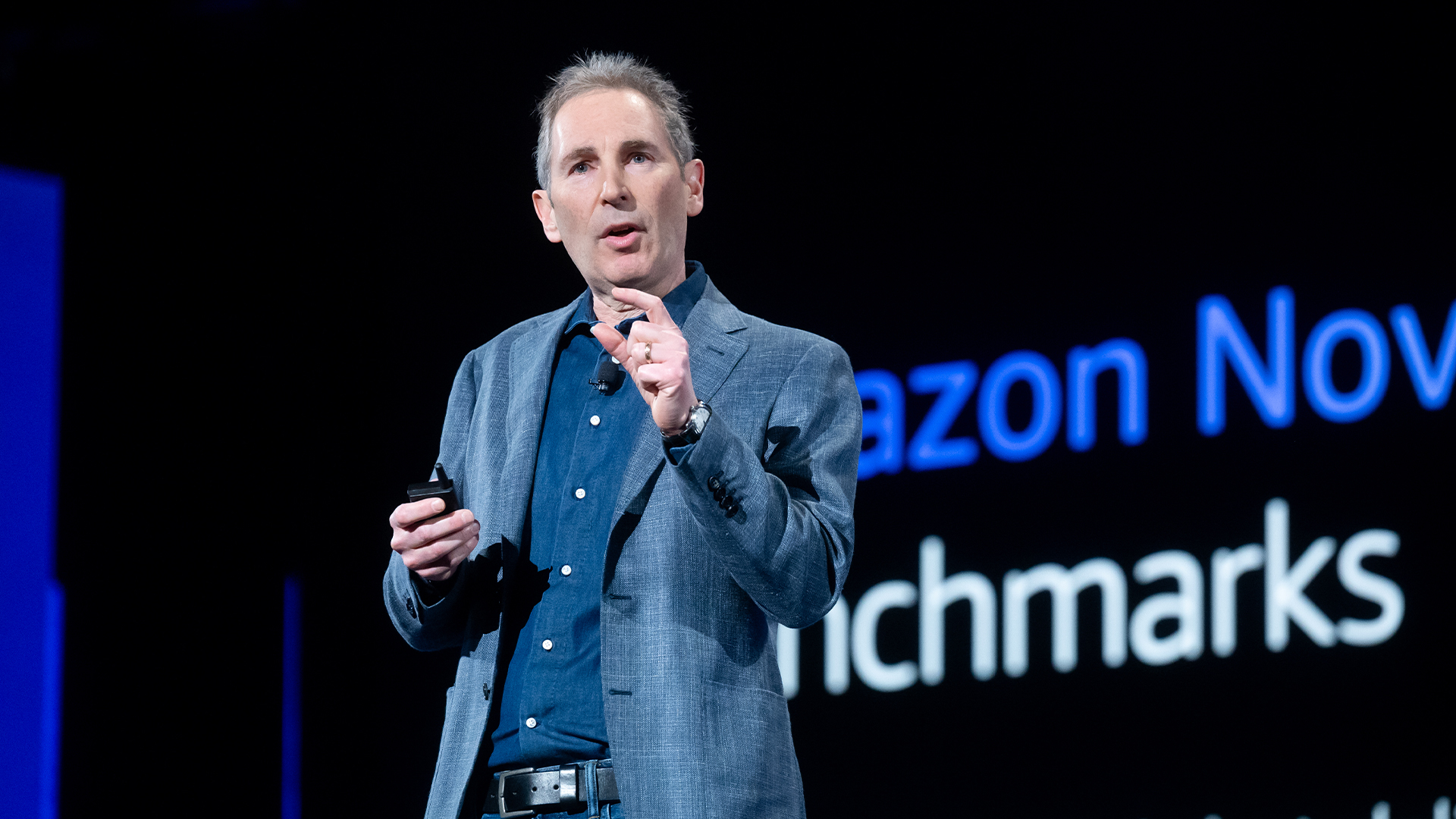 Amazon is cutting 14,000 roles in a bid to ‘operate like the world's largest startup’
Amazon is cutting 14,000 roles in a bid to ‘operate like the world's largest startup’News The layoffs at Amazon mark the latest in a string of cuts in recent years
-
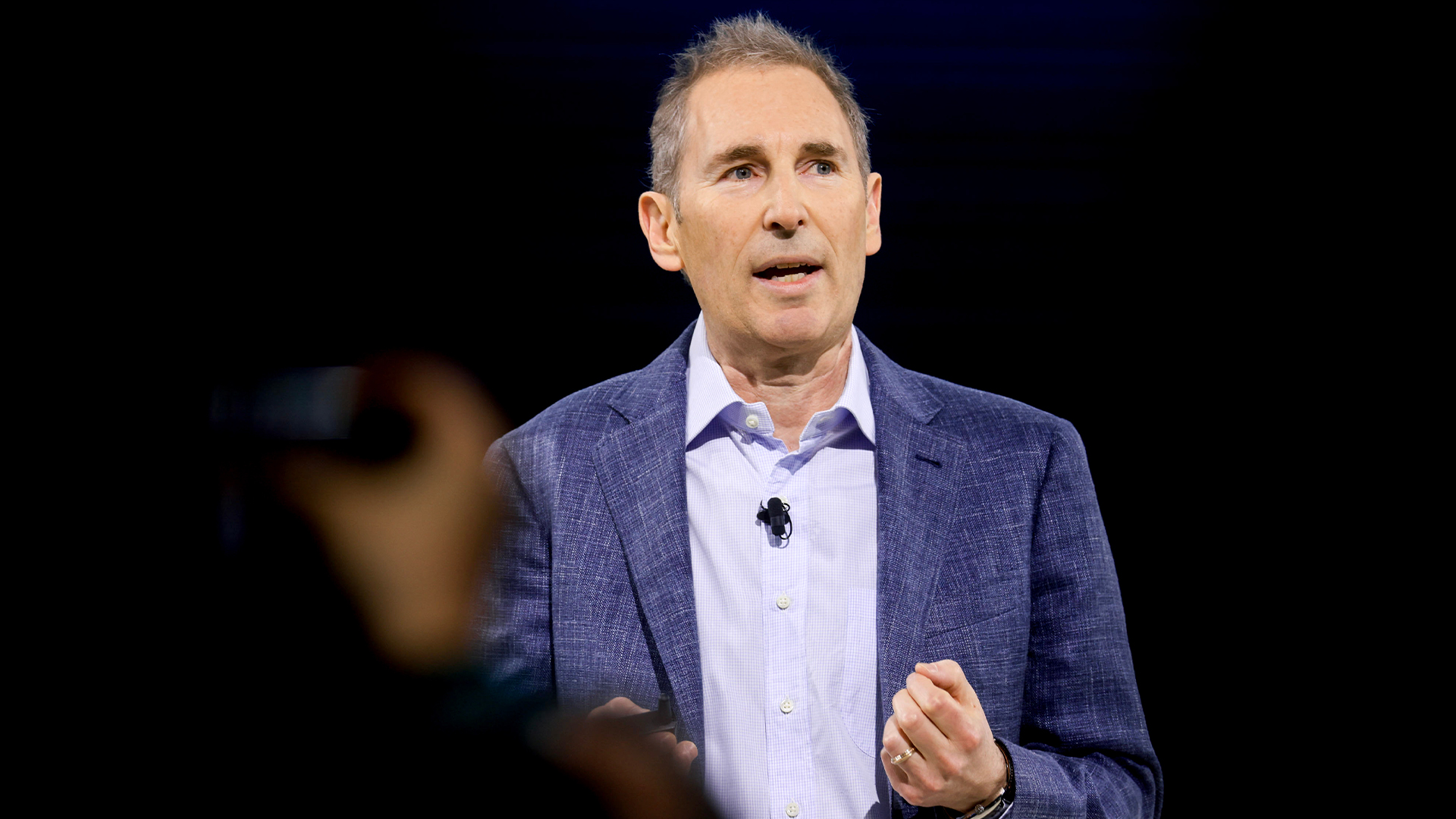 ‘Lean into it’: Amazon CEO Andy Jassy thinks enterprises need to embrace AI to avoid being left behind – even if that means fewer jobs in the future
‘Lean into it’: Amazon CEO Andy Jassy thinks enterprises need to embrace AI to avoid being left behind – even if that means fewer jobs in the futureNews Amazon CEO Andy Jassy thinks companies need to "lean into" AI and embrace the technology despite concerns over job losses.
-
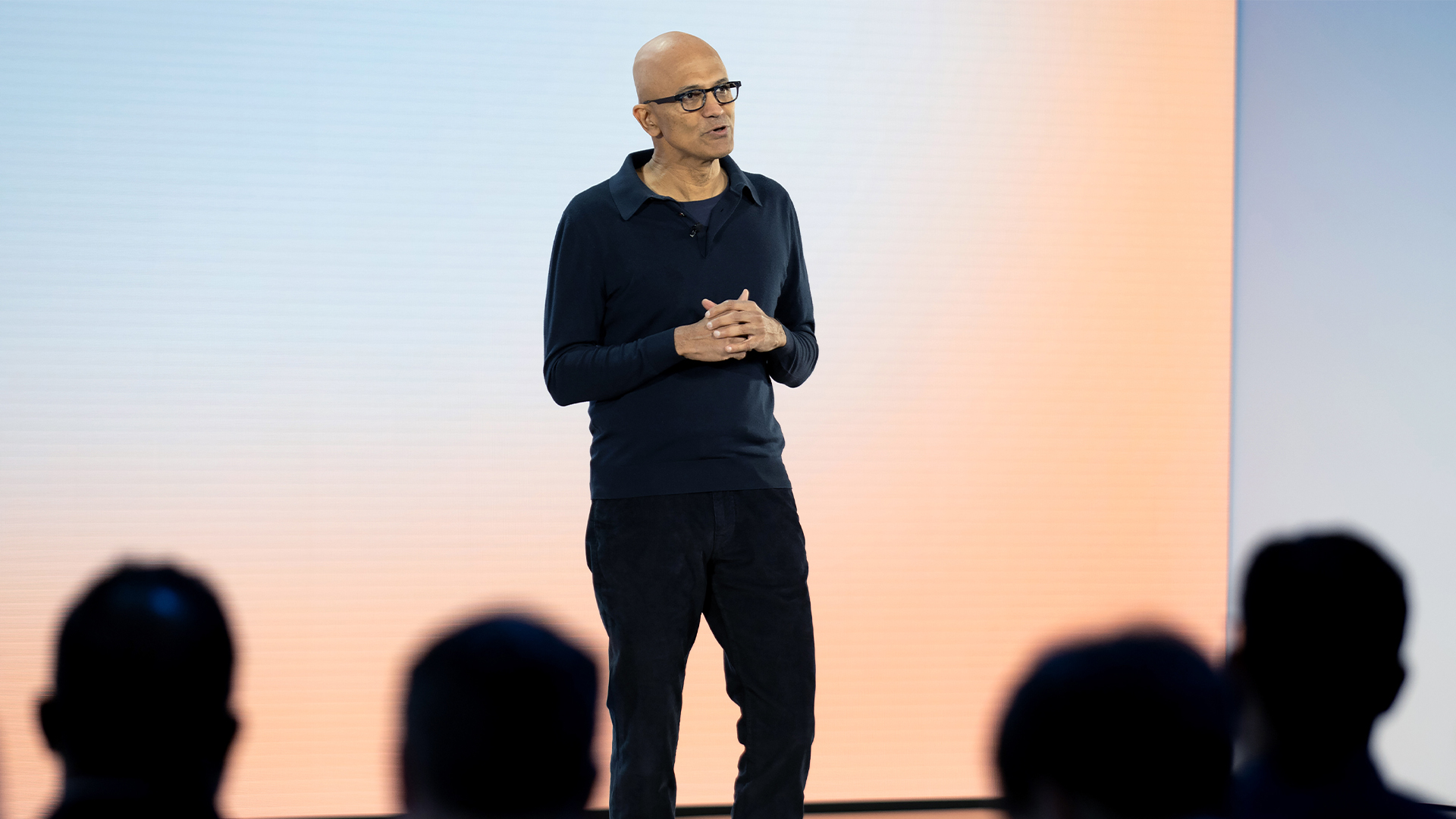 Microsoft workers face a fresh round of layoffs – here’s who could be impacted
Microsoft workers face a fresh round of layoffs – here’s who could be impactedNews Microsoft will cut 6% of its workforce, equivalent to around 6,000 workers, as part of its latest cost-cutting drive.
-
 ‘If you want to look like a flesh-bound chatbot, then by all means use an AI teleprompter’: Amazon banned candidates from using AI tools during interviews – here’s why you should never use them to secure a job
‘If you want to look like a flesh-bound chatbot, then by all means use an AI teleprompter’: Amazon banned candidates from using AI tools during interviews – here’s why you should never use them to secure a jobNews Amazon has banned the use of AI tools during the interview process – and it’s not the only major firm cracking down on the trend.
-
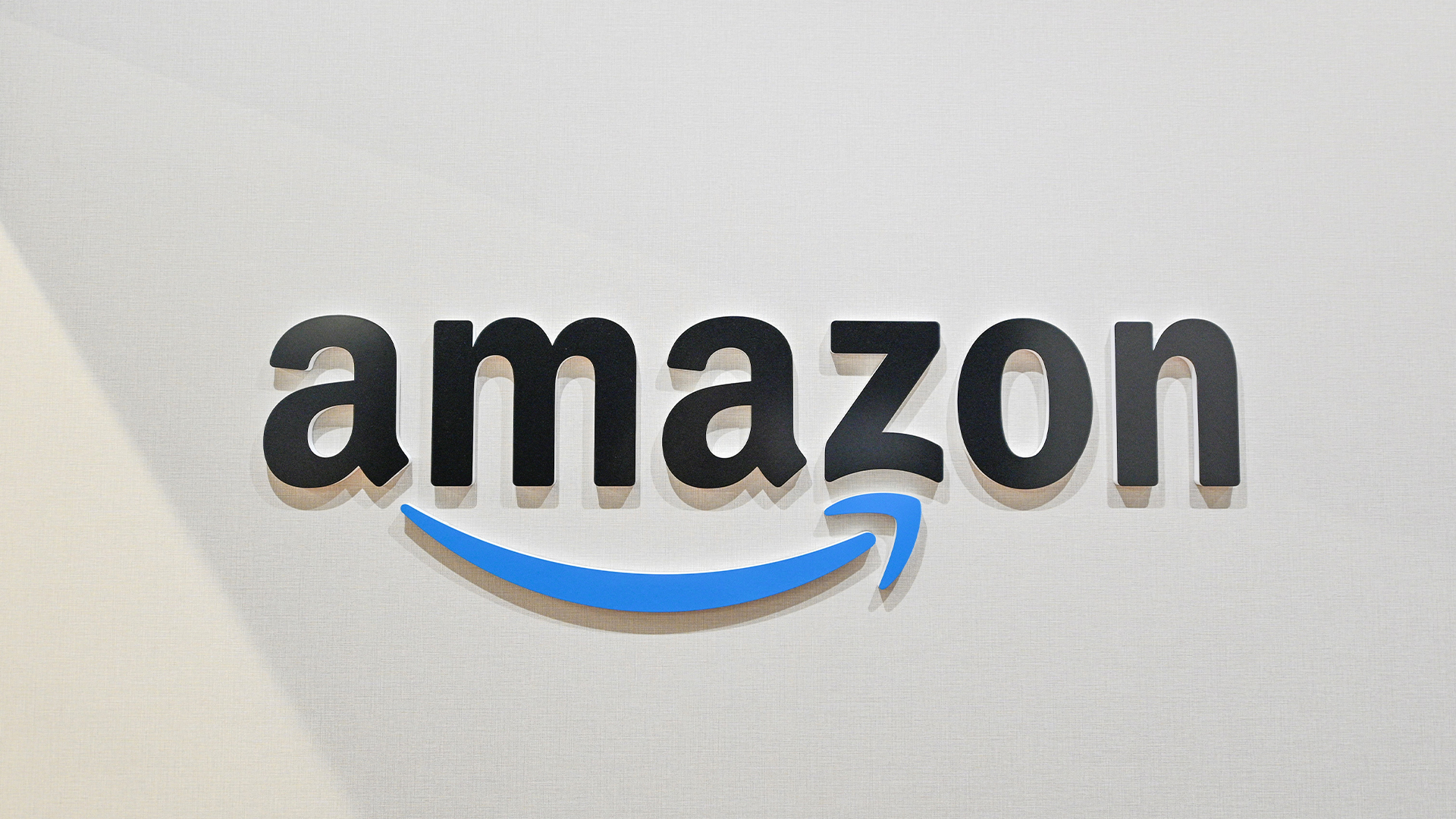 Amazon's RTO mandate could spark a talent exodus
Amazon's RTO mandate could spark a talent exodusNews A survey of Amazon staff suggests plenty remain unhappy about returning to the office next year
-
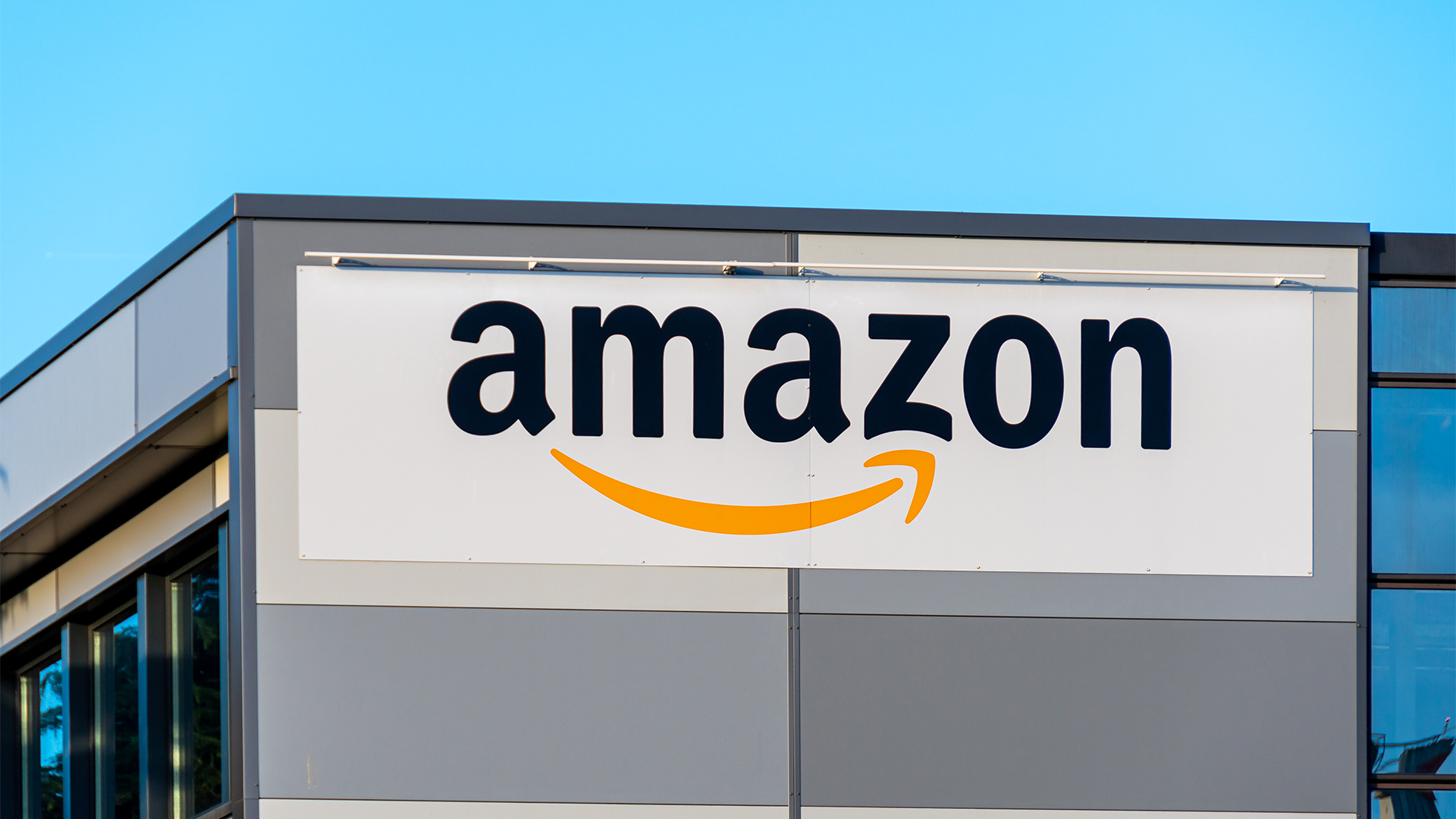 Amazon's RTO mandate just hit a major roadblock – it doesn’t have enough office space
Amazon's RTO mandate just hit a major roadblock – it doesn’t have enough office spaceNews The company has told staff in several locations that it won't have room for them all in time
-
 “There are other companies around”: AWS CEO Matt Garman says employees pushing back on RTO mandates should quit
“There are other companies around”: AWS CEO Matt Garman says employees pushing back on RTO mandates should quitNews AWS CEO Matt Garman says employees pushing back on RTO mandates should quit
-
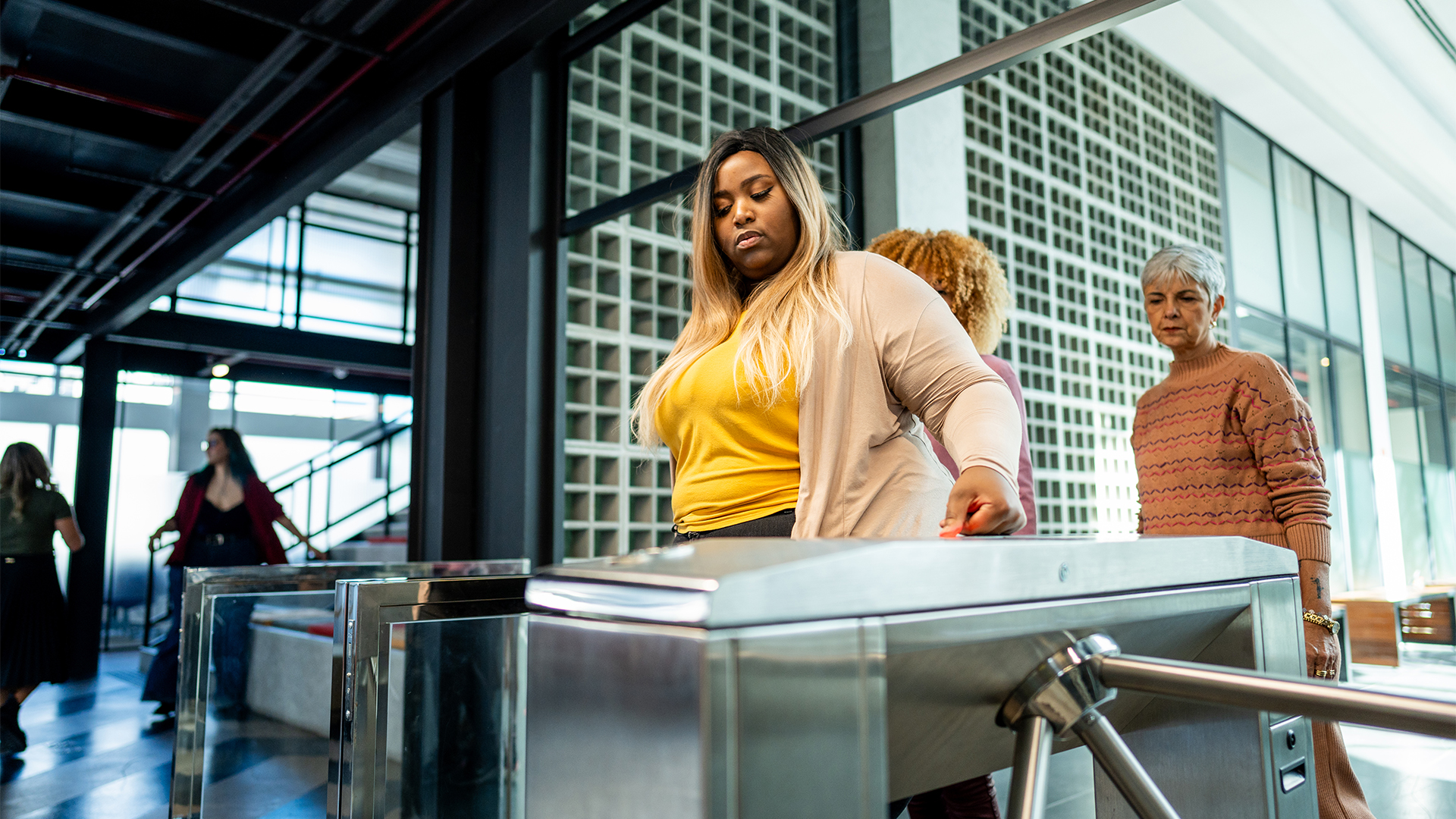 Business execs just said the quiet part out loud on RTO mandates — A quarter admit forcing staff back into the office was meant to make them quit
Business execs just said the quiet part out loud on RTO mandates — A quarter admit forcing staff back into the office was meant to make them quitNews Companies know staff don't want to go back to the office, and that may be part of their plan with RTO mandates
